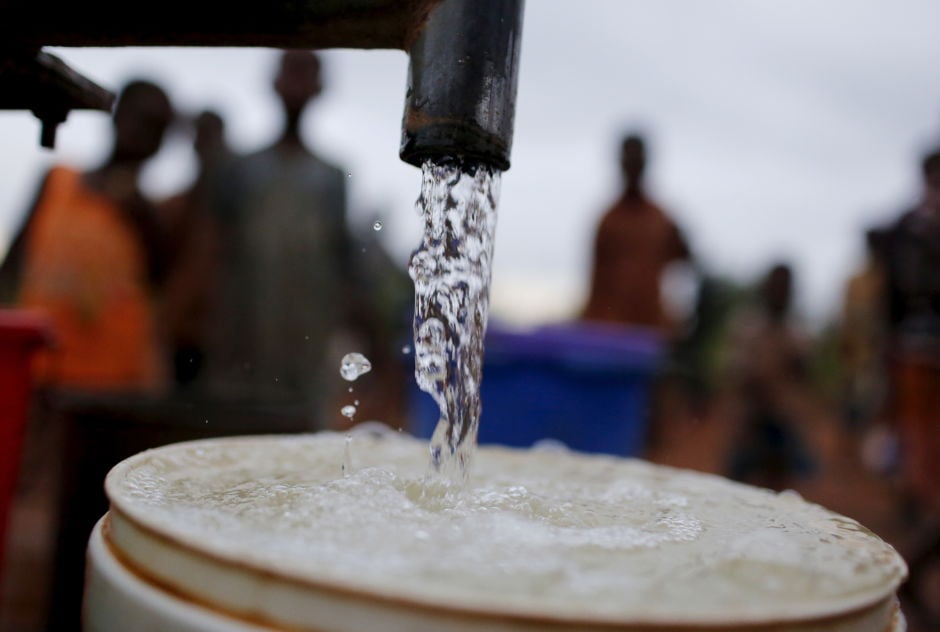
According to the National Annual Plan 2019-20, during the last 71 years, the per capita availability of water in the country has come down to an alarming level of 935 cubic meters from 5,260 cubic metres.
If an effective water storage strategy is not adopted, the per capita water availability in the country would decrease to 860 cubic meters by the year 2025.
It would further lower to 500 cubic meters by 2040 if measures are not taken to conserve water in the country.
According to international standards, a country must have 1,800 cubic metres of water per person, per year, while a level below than 1,000 cubic metres means that a country faces shortage of water.
Only 36% Pakistanis have access to safe drinking water and 21 million people travel long distances to get water.
Pakistan is ranked 23rd out of 167 countries in the world which face water scarcity.
A country also needs to have forests on 25% of its total land in order to avoid the negative impact of the climate change.
According to the Pakistan Forest Institute, the country only has 5.01% forest cover and 27,000 hectares of area is being lost annually
due to the cutting of trees.
The annual plan report stated that several projects had been launched in the country to reverse the effects of climate change which includes the 10-Billion Tree Tsunami Project, Green Pakistan Programme and others.
A Glacial Lake Outburst Flood (GLOF) project has been launched to avert the melting of glaciers, which is being funded by the Green Climate Fund (GCF) – world’s largest dedicated fund helping developing countries reduce their greenhouse gas emissions and enhance their ability to respond to climate change.
According to the annual plan, GLOF Plan-II, transition to climate-smart agriculture, green buildings, rainwater harvesting, mangroves rehabilitation and protection and other projects had been on the government’s priority.
The Prime Minister's Committee on Climate Change also acts as a forum to discuss environmental concerns and raise awareness.
The committee has been formed to give the issue of global warming more importance and to have more stakeholders participate actively in the present government’s initiatives, such as Clean Green Pakistan, and the building up of climate change as a concept.
The committee aims to promote a clean environment, clean air, clean schools, and the promotion of green buildings and appliances.
The committee provides the highest level of strategic guidance and a platform to coordinate efforts across the country.
The focus in this regard is on streamlining and facilitating the implementation of national and international obligations.
Meanwhile, the UN-backed Intergovernmental Panel on Climate Change (IPCC) stated that the glaciated areas in the world would shrink by 20-28% by the year 2050 due to global warming and the population around the world would increase to 9.1 billion during this period.
The panel alerted that the world had 12 years or until 2030 to reverse global warming.
It noted that the global temperatures would rise by 5 degrees Celsius by 2100.



1731916090-0/sabrina-(3)1731916090-0-165x106.webp)













COMMENTS
Comments are moderated and generally will be posted if they are on-topic and not abusive.
For more information, please see our Comments FAQ